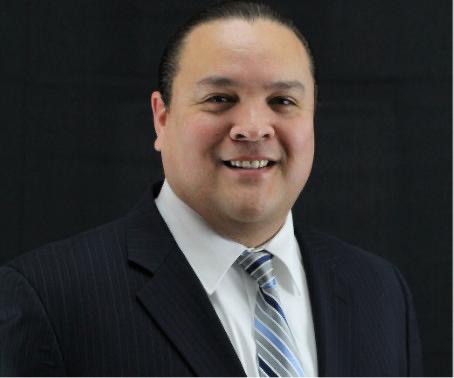From Consultation to Consent
Published in Tribal Business Journal, December 2016
Kitcki A. Carroll and Liz Malerba
In its early formative years, the United States often took action within our lands only after securing our consent, including through treaty-making. As it became more powerful, as maintaining strong relations with us became less necessary, as greed took over and as the courts laid their legal groundwork through the Marshall trilogy, the United States quickly moved from an approach based on consent to an approach based upon the notion of domestic dependency and plenary authority.
The United States progressively moved away from the concept of “rights-ceded” by tribal nations (as was the approach during the formative years of this nation) to a model of “rights-granted” by the United States to tribal nations. No longer was our consent necessary for the explosion of a capitalistic system. No longer were our rights within our own lands of concern or consequence. No longer were we going to be allowed to interfere with the execution and pursuit of manifest destiny. This is the summation of the deplorable actions taken in the name of progress that is most often missing from U.S. history books, but it is part of our story, which fuels our efforts to persevere and prosper despite the greatest of challenges. Despite all of this, tribal nations remain unified in our efforts to topple these foundational myths, as our perseverance and the sophistication of our governments reveal these to be falsehoods.
It wasn’t until the passage of the Indian Self-Determination and Education Assistance Act in 1974 that the United States began to move away from its centuries-old practice of setting policy that sought to diminish and eradicate our sovereignty via termination and assimilation.
While the U.S. has not returned to a practice of seeking the consent of tribal nations, the developing tribal consultation process begins to recognize our inherent rights and authorities when it comes to federal decisions that impact our citizens and homelands. Over the last eight years, federal agencies have been required to develop and implement tribal consultation policies in collaboration with tribal nations. While an improvement over historical practice, it requires constant monitoring and strengthening, and will always fall short as long as it fails to return to a model that requires consent.
Tribal nations continue to experience inconsistencies in consultation policies, the violation of consultation policies, and mere notification of federal action as opposed to a solicitation of input. Time and again, tribal nations have expressed a desire for consultation to be more meaningful. As major failures in the U.S.-Tribal consultation process begin to take the national stage, tribal nations are calling for a paradigm shift in the trust relationship, including in the consultation process.
The U.S. must move beyond an approach that merely “checks the box” of consultation. It is time for a tribal nation defined model, with dual consent as the basis for strong and respectful diplomatic relations between two equally sovereign nations. In the short term, we must move beyond the requirement for tribal consultation via executive order to a strengthened model achieved via statute. In the long term, we must return to a model of tribal nation consent for federal action as a recognition of sovereign equality and as set out by the principles of the United Nations Declaration on the Rights of Indigenous Peoples. Ultimately, Indian Country recognizes that dual consent results in prosperity for both parties, and that when abandoned and dishonored, one or both nations ultimately lose. The U.S. must join us in this conviction.
As the U.S. continues to issue federal Indian policy based on a false premise, it is more critical than ever for tribal nations to assert our inherent sovereign authorities and rights in order to provide for the well-being of our people and our lands. No longer can we accept a false narrative and legal fiction that was specifically created by another sovereign to impose its will upon us. Consultation must evolve and return to consent. The current trust model, which often works against us, must be replaced with a 21st century nation- to-nation relationship model and a genuine commitment to only take action aimed at strengthening this relationship and delivering on the trust responsibility in full.

Kitcki A. Carroll (Cheyenne and Arapaho Tribes of Oklahoma) serves as the Executive Director for United South and Eastern Tribes (USET) and the USET Sovereignty Protection Fund (USET SPF), an inter-Tribal organization representing 33 federally recognized Tribal Nations from the Northeastern Woodlands to the Everglades and across the Gulf of Mexico at the regional and national level.

Liz Malerba (Mohegan Tribe) is the Director of Policy and Legislative Affairs for United South and Eastern Tribes Sovereignty Protection Fund. Located in Washington, DC, she works with Congress and the Administration to advance a comprehensive legislative and regulatory agenda on behalf of member Tribal Nations.
